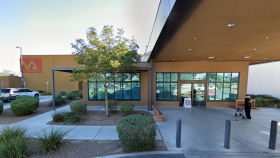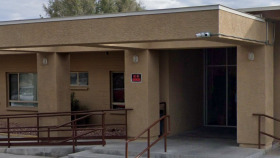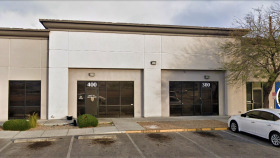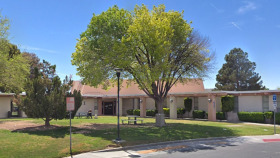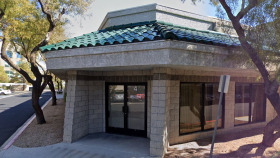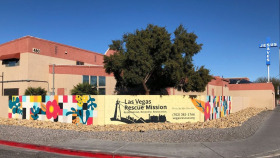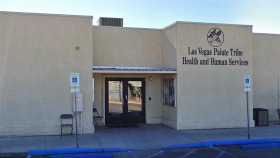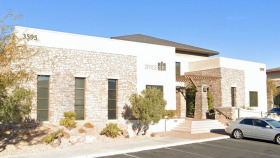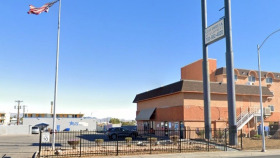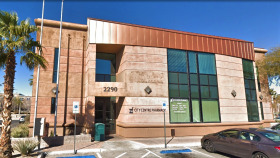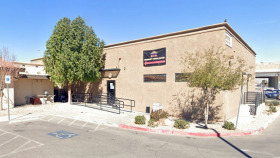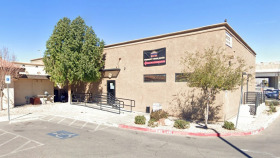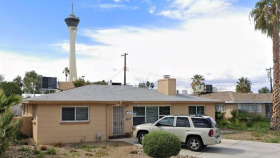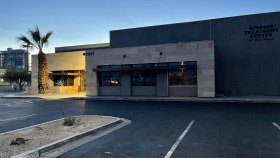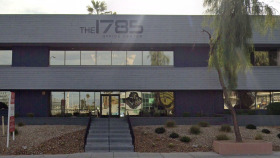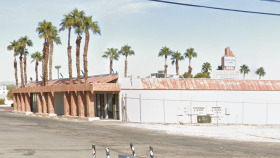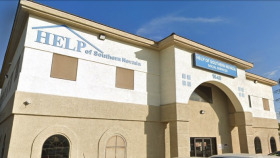Expert Insights
Good news for cities of Nevada, including Spring Valley: state and local governments are planning out the use of settlement money from a 2017 suit against opioid manufacturers, and they’re putting it to good use. They will be expanding opioid treatment and addiction prevention services throughout the state. In early 2023, the state Attorney General announced that Nevada would receive $285.2 million from big pharma companies and distributors for their role in creating the opioid crisis. The money is now being distributed to cities and counties, with the only stipulation being that the funds must be spent on addiction treatment services.
~ Jo Harvey
How Expensive is Drug Rehab in Spring Valley?
The cost of Spring Valley drug or alcohol rehab can fluctuate greatly depending on a variety of factors. These include the length of rehab, type of rehab, location, and amenities offered. For example, inpatient rehab tends to be more costly than outpatient rehab. Requiring a medical detox can also increase the cost of rehab.
How Does Spring Valley Compare in Alcohol and Drug Use?
Having an alcohol or substance use disorder can be a frightening and lonely experience. It may be overwhelming and frustrating to you and your loved ones because you don’t know where to turn for help. Fortunately, if you are searching for drug rehab in Spring Valley or alcohol rehab in Spring Valley, there are quality options to get the help you need.
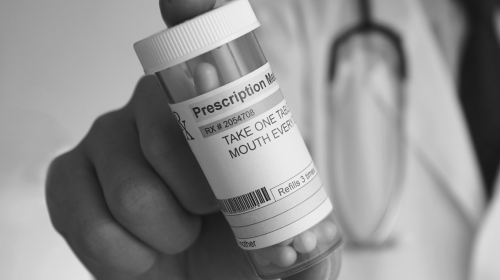
In 2019, in the state of Nevada, 5% (approximately 127,000) of individuals aged 12 or older had misused prescription pain relievers1
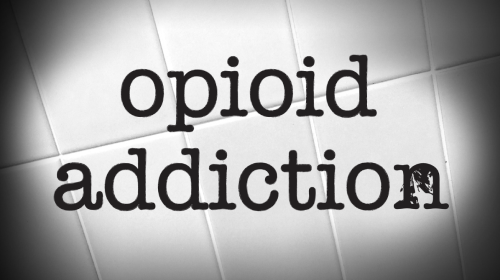
Approximately 1.2% (30,000) individuals aged 12 or older had an opioid use disorder1

In 2019, 4.8% (123,000) individuals aged 12 or older had an illicit drug use disorder1
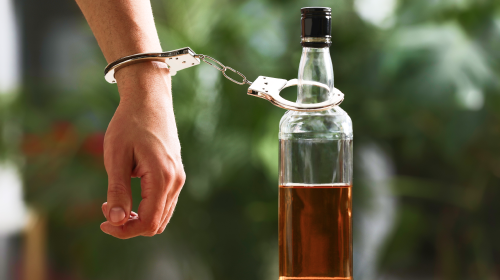
6.2% (approximately 157,000) of individuals aged 12 or older had an alcohol use disorder1
Drug and Alcohol Laws in Spring Valley
It is illegal to possess or use illicit drugs in Nevada. If you are arrested for drug possession or illicit drug use, you can spend up to 15 years in prison and a $20,000 fine. The length of your prison time and amount of your fine will depend on the amount and type of illicit drug you are caught possessing.
Driving under the influence is a serious crime in Nevada. A first-offense DUI requires mandatory community service, possible jail time, and a $400 fine. Subsequent offenses can lead to jail time up to six years, a $2,000 fine, and license revocation for up to three years.
Nevada has a Good Samaritan Drug Overdose Act. This law prevents you from being prosecuted for drug related offenses if you seek medical help for yourself or someone else if you or a friend is experiencing a drug and/or alcohol overdose.
Resources
- Substance Abuse and Mental Health Services Administration. HHS Publication No. SMA–20–Baro–19–NV. (2020). Behavioral Health Barometer: Nevada, Volume 6: Indicators as measured through the 2019 National Survey on Drug Use and Health and the National Survey of Substance Abuse Treatment Services. HHS Publication No. SMA–20–Baro–19–NV. Rockville, MD: Substance Abuse and Mental Health Services Administration.
- de Andrade, D., Elphinston, R., Quinn, C., Allan, J., & Hides, L. (2019). The effectiveness of residential treatment services for individuals with substance use disorders: A systematic review. Drug and Alcohol Dependence. Volume 201, Pages 227-235.
- Grim, B. J., & Grim, M. E. (2019). Belief, Behavior, and Belonging: How Faith is Indispensable in Preventing and Recovering from Substance Abuse. Journal of Religion and Health, 58(5), 1713-1750.
- Di Lorenzo, R., Galliani, A., Ferri, P., Landi, G., & Guicciardi, A. (2014). ). A retrospective analysis focusing on a group of patients with dual diagnosis treated by both mental health and substance use services. Neuropsychiatric Disease and Treatment, 1479.
- Substance Abuse and Mental Health Services Administration. (2022). Medication-Assisted Treatment. SAMSHA.
- Harvard Health. (2022.) 5 myths about using Suboxone to treat opiate addiction. Harvard Health.
- Kenny, B.J., & Preuss C.V. (2021). Pharmacy Prescription Requirements. StatPearls. StatPearls Publishing.
- Substance Abuse and Mental Health Services Administration. (2022). Buprenorphine. SAMSHA.
- Substance Abuse and Mental Health Services Administration. (2022). Naltrexone. SAMSHA.
- National Library of Medicine. (2017). Disulfiram. MedLine Plus.
- Hunter, K., & Ochoa, R. 2006. Acasmprosat (Campral) for Treatment of Alcoholism. American Family Physician, 74(4), 645-646.





